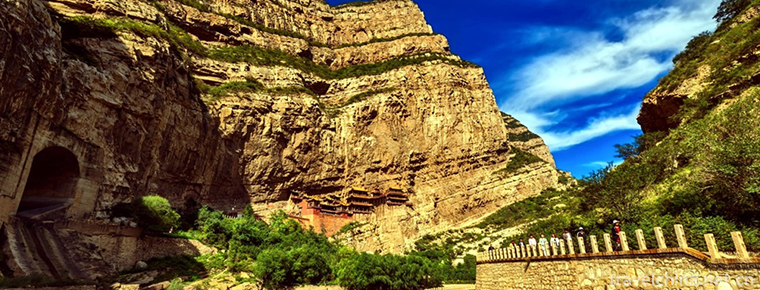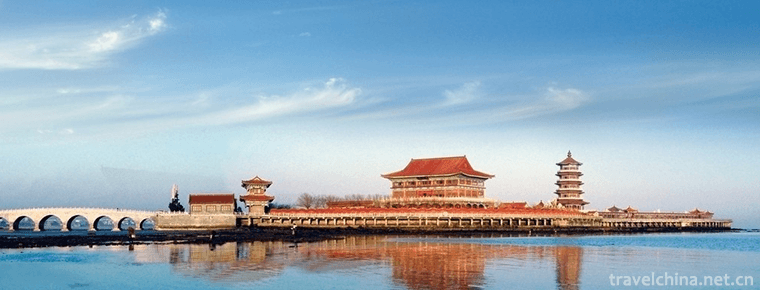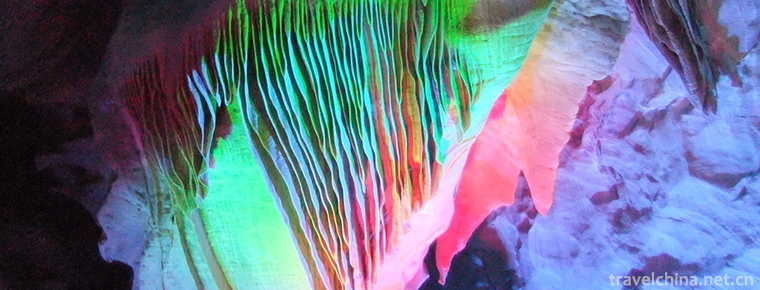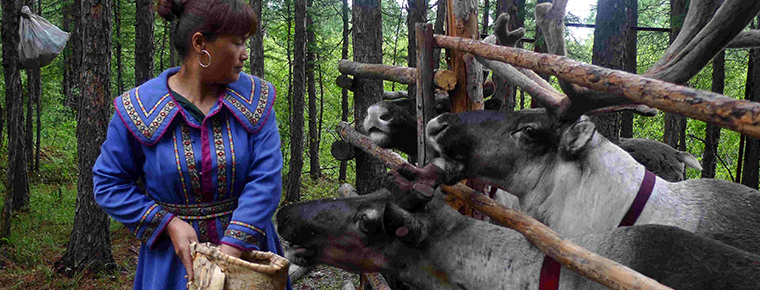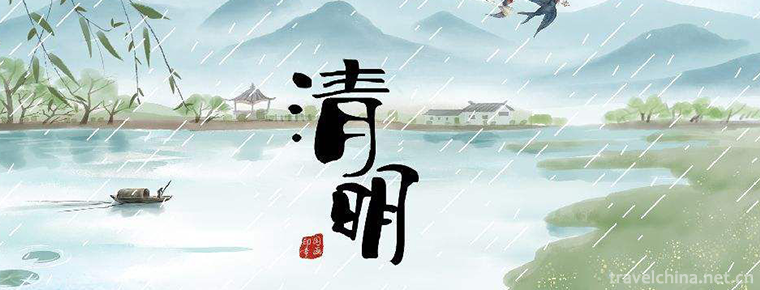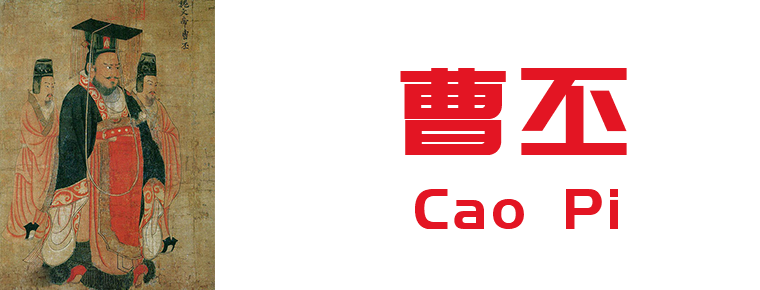Legend of Cang Jie
Legend of Cang Jie
Cangjie Legend is an ancient Chinese folklore. The story of Cangjie's writing originated from the Yan and Huang Dynasties and has a history of 5,000 years. Legend has it that in ancient times, the Yellow Emperor traveled south to the shore of Luoshui, under the Yangxu Mountains. Because of the need of recording history, Cang Jie thought day and night, created words, looked up at the sun, moon and stars, the sky changed, and looked down on the bird tracks, mountains and rivers. Cang Jie was inspired, and one day he saw a tortoise bearing a book, which appeared in Luoshui. Danjia Qingwen, like handwriting, burst with inspiration. He created 28 Chinese characters, thus ending the history of human knotting ropes.
Cangjie Legend is a project of intangible cultural heritage protection in China.
Myths and legends
Cangjie, Fujian Hou Gang, Mingjie, was born on March 28 in Wuyushan, Yangwu Village, Beiyuan Township, Baishui County. He was buried at the age of 111 (see the extant Qing Dynasty stele of Yangwu Village). "Huangdi bestows his surname" said that Cangjie created characters, and the people were blessed. Huangdi deeply felt his ability. Cang Jie is the only person above the monarch who surpasses him in his mind. Cang Jie is the only person above the monarch. It can be seen that popular beliefs highly praise Cangjie.
For Cangjie's contribution to the creation of Chinese characters, the history of Qing Dynasty is everlasting, and later generations revere it. People respected him as "Cangsheng", built temples to offer sacrifices, the temple in front of the tomb, surrounded by walls, covering an area of 11 mu, "I do not know when and when built" (Baishui County Chronicle). However, the inspections of stone tablets can be traced back to five years before Yanxi in the Eastern Han Dynasty. The temple is magnificent with many ancient cypress. According to the County Chronicle, "There are more than forty trees in the ten-girth area", while those in the ten-girth area are everywhere in temples. On the cloudy day, the twigs circled and the branches and leaves communicated, producing many fantastic patterns in the sky. A cypress in the northeastern corner of the temple, which is traditionally planted by Cang Sheng's hand, is 17 meters high and 1.25 meters thick. It stands out from Xuanyuan cypress in Huangdi Mausoleum of Qiaoshan Mountain. Each has its own merits and merits, which can be called a wonder among the trees.
In order to carry forward Cangjie's creative spirit, the Baishui working people have long oral spread many legends praising Cangjie. These stories are rich in variety, local fragrance and color, and are deeply loved by the local people. In the legend of Cangjie's word-making, Cangjie's word-making is very representative. It says as follows:
Cang Jie is the historian of the Yellow Emperor. He recorded historical facts by knotting down the ropes from his ancestors. Over time, the odd knots, big and small, represented something that he could not even recognize sometimes.
On one occasion, Emperor Huang had a meeting with Emperor Yan and ordered Cangjie to sort out the historical facts of the disputes between the two tribes over the past few years. Cang Jie spent a few days in the history library, made his head dizzy, tinnitus dazzling, still made mistakes, and was reprimanded by the Yellow Emperor.
This incident greatly stimulated Cang Jie, and he was determined to invent a symbol instead of a knot to remember things. He thought hard and twisted his intestines for ninety-nine times, but he could not think of a famous place. Mother advised him to broaden his horizons among the public, and his wife sent him to Yangguan Avenue. He ran to 981 villages, climbed 7,749 mountains, traveled 8,864 rivers and visited 99 thoughtful people. His face was thin, his legs swollen and his sweat dried out. At last, his mind opened up. He returned to his hometown, Yangwu Village, and hid in the village's Xigou, where he began to create symbols of everything. In order not to be disturbed by the outside world, he refused to see relatives, friends and family, and even the meal was delivered by his mother alone. But there's still a limit: send meals to the ditch and ring the bell to say hello. When he heard the bell, he would answer it and not let his mother look in the ditch. Two years later, he was still in the ditch and refused to show up. Nobody knew what Cang Jie was doing. One day, the mother came to deliver the meal, did not ring the bell to say hello, quietly entered the ditch. In the ditch, I saw the stone pig and Shek sheep carrying stones at the furrow, countless stone buildings. The mother exclaimed in surprise, "Good boy! How pathetic these stone pig sheep are. Let's take a rest. Don't crush them. " As the voice fell, the stone pig fell down and the stone man remained motionless. Cangjie heard his mother's voice and rushed out of the cave. When he saw this, he lost his mind.
It turned out that Cang Jie lived alone in the ditch, busy day and night to create a kind of memorial symbols, he gave these symbols a name, called "words". These words are created in imitation of the shape of all things. For example, the word "sun" is drawn in the shape of the sun's red circle and red circle; the word "moon" is modeled on the shape of the moon's teeth; the word "human" is a side image of human beings; the word "claw" is a paw print of birds and animals observed... This is how Cangjie condensed the wisdom of all people, carefully observed everything, and painstakingly created words. Day by day, he made more and more words. At that time, there was no ink and ink inkstone. He wrote the words on the cave wall and foot with branches. A cave is full, dig out a second cave and continue to write. This spirit of hard work touched the Jade Emperor. The Jade Emperor gave Cangjie a dream and said, "There are no words in the world. It is as dark as night for all ages." Make your characters quickly. Don't worry about nowhere to write. I'll build a stone building for you. You can hide all your words in it. On the second day, when Cang Jie came out to see it, he saw that the stone pig was carrying stones and the stone artisans laid the foundation. Unexpectedly, a word from my mother gave vent to the sky, broke the fairy spirit, and the stone building was not built. It is said that if the stone building is built, it can overlook Chang'an on the top of the building and look at Beijing from afar. It can hear the words of celestial gathering in Tiangong. It can call hundreds of birds around the building to sing in unison. Near Baishui County, officials with three stones and six bushels of rapeseed will also come out.
Cangjie created the three cave characters because they could not be preserved for a long time, so he had to keep them in mind from beginning to end. He returned to the village to teach his brothers and sisters. Who knows that people in their hometown are used to knotting and remembering things and refuse to keep up with school? Cang Jie was so angry that he ran to other places to teach people to read. He taught thousands of students in Chang'an. He also ran schools in Henan, Shandong and Hebei provinces. Later, his reputation spread all over the world.
When Cangjie returned to his hometown, he was over half a century old and grey-eyed. The children of his hometown asked him to teach Chinese characters. He sat happily on a stool, leaned on the table and taught them word by word. Finally, he taught many children of his hometown. But when he was in his prime, he stood and wrote cantilever characters, while when he taught his children in his hometown, he wrote on his desk, so Baishui people still can't stand and write cantilever characters.
It is said that Cang Jie made up as many words as a bucket of rapeseed. Of course, the ancient people only learned a few liters, even Confucius later only learned seven liters, and three liters, scattered to barbarian land, which made people outside China began to have words.
In Cangjie's stories of demons falling to dragons by characters, there are not only the consciousness of primitive people, but also the influence of later religions, and fairy tales have a strong color. The legend of ghost crying and dragon hiding tells us vividly the origin of "words can force evil":
In the era of Cangjie's word-making, the mountain ghosts became perfect and the dragons harmed the people. In order to avoid calamity, people always offer the whole pig whole sheep and cattle. Although they pray for this, they still do more harm than good.
Cang Jie created words, which can record all the good and evil virtues in the world and pass them down to later generations for thousands of years.
The mountain ghosts were alarmed at this, so they colluded with the evil dragon to destroy Cangjie and destroy the characters lest their bad deeds should be recorded by Cangjie. The dragon set off huge waves and waves, and in an instant, the world became a vast ocean. The Mountain Ghost clapped his hands and said he thought Cangjie could not escape.
They were so happy that Cang Jie was invited to Pantao Conference by the Jade Emperor. At the gathering of the gods, the Jade Emperor especially praised Cang Jie's achievements and ordered all the gods in the Heavenly Palace to learn Cang Jie's writing, including the golden girl and the jade girl. In this way, Cangjie's prestige was greatly enhanced, and he was protected by immortals everywhere.
The mountain ghosts tried to lure Cangjie and take away the bundles of books. Under the shadow of the mountain god, a ball of fire flew out of the bundle, burning into beautiful mountain ghosts, all over the black coke, fled to the mountain stream, shouting endlessly; the evil dragon wanted to drown the bundle and rob it. The sea god secretly protects, the human book is intact, but the evil dragon hides far away. As soon as these two events spread, people did not know where they were. They said that the words created by Cangsheng could bring down demons and dragons, and eliminate demons and drive evil spirits. Up to now, some old people still say that they dare not come near when they sleep in a book at night.
This story fully praises Cang Jie's achievements in creating characters and pouring ghosts and gods into the world. It implies the ancient human struggle with nature and the magical role of writing.
The story of stone and tree deformation is the people's deification of one plant, one tree and one stone in Cangsheng Temple. Full of a reverent and pious belief. A lame young man who respected Cangsheng very much said that he often grinded his hands on the stone tablets of Cangjie Temple when he read books. As a result, he grinded out good words and poems. However, on the way to Beijing for the exam, because of rescuing the women who fell into the water and caught cold, they were unable to answer the exam papers after entering the examination room. When he was despondent and ready to leave the examination room, a fresh breeze blew and he was refreshed; more surprisingly, all the answers in the paper were written on a stone tablet in front of him. He did not waste any effort, according to the inscriptions of the inscriptions, he quickly copied and handed in the papers, and nodded the first prize. The story completely deified Cangjie and the stone tablets in his temple, which embodied people's pious worship of Cangjie as a cultural god.
The ancient cypress of Cangjie Temple has also become the externalization of gods in legend. It knows the good and evil, observes the right and wrong, exerts divinity and is full of spirit. At the gate of the temple, there is an ancient cypress, which is thick and crowned, strong and majestic. It is like a brave man guarding the door. It is stubborn and inviolable. The name of this cypress is "frightening thieves and cypresses". It is said that long ago, a burglar sneaked out of the temple at night, intending to steal into the temple. Suddenly I heard this cypress rattle, and then I saw Mars splash, and then thunder and thunder exploded, so that the thieves fell down the roots of the wall. In spite of their heartbeat and leg weakness, they rolled back and ran home. They were ill for ninety-eighty-one days and almost died. They spread it and never again did thieves dare to plot the property in the temple. There are also "no cypress", "Baolian lamp cypress", "regenerated cypress", "twig cypress", "Kuixing point cypress", "cypress huaihuai", "Ganoderma lucidum cypress" inside and outside the temple, all with their own wonderful legends.
Non heritage protection
On November 11, 2014, the State Council of China approved the fourth batch of national intangible cultural heritage representative projects list and national intangible cultural heritage representative projects list expansion project list. Among them, "Cangjie Legend" of Shaanxi Province has been listed in the national representative list of intangible cultural heritage projects.


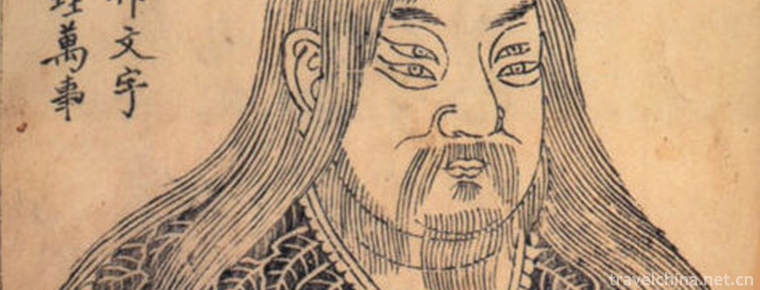
-
Mount Heng
Mt. Hengshan, also known as "Tai Mt. Hengshan", is known as "Xuanwu mountain" and "Yushan". Among them, inverted Ma Pass, Bauhinia Pass, Pingxiaoguan Pass, Yanmen Pass.
Views: 196 Time 2018-10-30 -
KulangsuGulangyu Islet
Gulangyu, formerly known as "Yuanshazhou", alias "Yuanzhouzi", was appointed "Wulongyu" in the Southern Song Dynasty and renamed.
Views: 144 Time 2018-11-11 -
Eight Immortals Crossing the Sea Scenic Area
Eight Immortals Crossing the Sea Scenic Area, also known as Eight Immortals Crossing the Sea and Eight Immortals Crossing the Haikou, is situated on the shore of the North Yellow Sea in Penglai City.
Views: 209 Time 2018-12-23 -
the Capital Cities and Tombs of the Ancient Gaogouli Kingdom
Gaogouli is located in Ji'an City, Jilin Province. It includes domestic cities, Wandu Mountain City, 14 Royal mausoleums and 26 noble tombs. Domestic city and Wandu Mountain City .
Views: 115 Time 2019-01-12 -
Baiyundong Tourist Area Kongshan
Baiyundong in Kongshan Mountain is a national key scenic spot, National Geological Park and national AAAA level scenic spot. Located in Lincheng County of Xingtai City.
Views: 179 Time 2019-01-29 -
Panlongxia Ecotourism Area
Panlongxia Ecotourism Area is located in the northwest of Deqing County, Guangdong Province, about 28 kilometers away from the county seat. The whole ecotourism area covers an area of 30,000 mu.
Views: 151 Time 2019-02-07 -
Ewenki reindeer custom
Ewenki reindeer, also known as Ewenki hunters (mainly according to their professional characteristics and different from other Ewenki), are part of the Ewenki people. They migrated over 300 years ago.
Views: 168 Time 2019-04-28 -
Qingming Festival
Qingming Festival, also known as Taqing Festival, Xingqing Festival, March Festival, ancestor worship festival, the festival period in mid-spring and late spring. Qingming Festival originated from anc.
Views: 146 Time 2019-06-11 -
Sichuan University of Arts and Science
Sichuan Academy of Arts and Sciences, located in Dazhou City, Eastern Sichuan Province, has a history of running higher education which can be traced back to Longshan Academy in late Qing Dynasty, whi.
Views: 145 Time 2019-08-31 -
Cao Pi
Wei Wendi Cao Pi (187 - 26 June 29th) Zi Wan Pei Guo Qiao County, Yuzhou City (now Anhui Province Bozhou City People. Three Kingdoms period Famous Politician , Litterateur , the Wei state of the Three.
Views: 196 Time 2019-09-15 -
Mianyang economy
In 2019, the gross domestic product (GDP) of Mianyang City will reach 285.620 billion yuan, which will increase by 8.1% according to the comparable price. The growth rate is 0.6 percentage points higher than the average level of the whole province..
Views: 130 Time 2020-12-14 -
Suining social security
By the end of 2019, there were 23400 registered unemployed people in Suining, with the registered unemployment rate of 3.62%. 855000 people participated in the basic endowment insurance for urban employees, an increase of 114800 over the end of last year..
Views: 114 Time 2020-12-16
